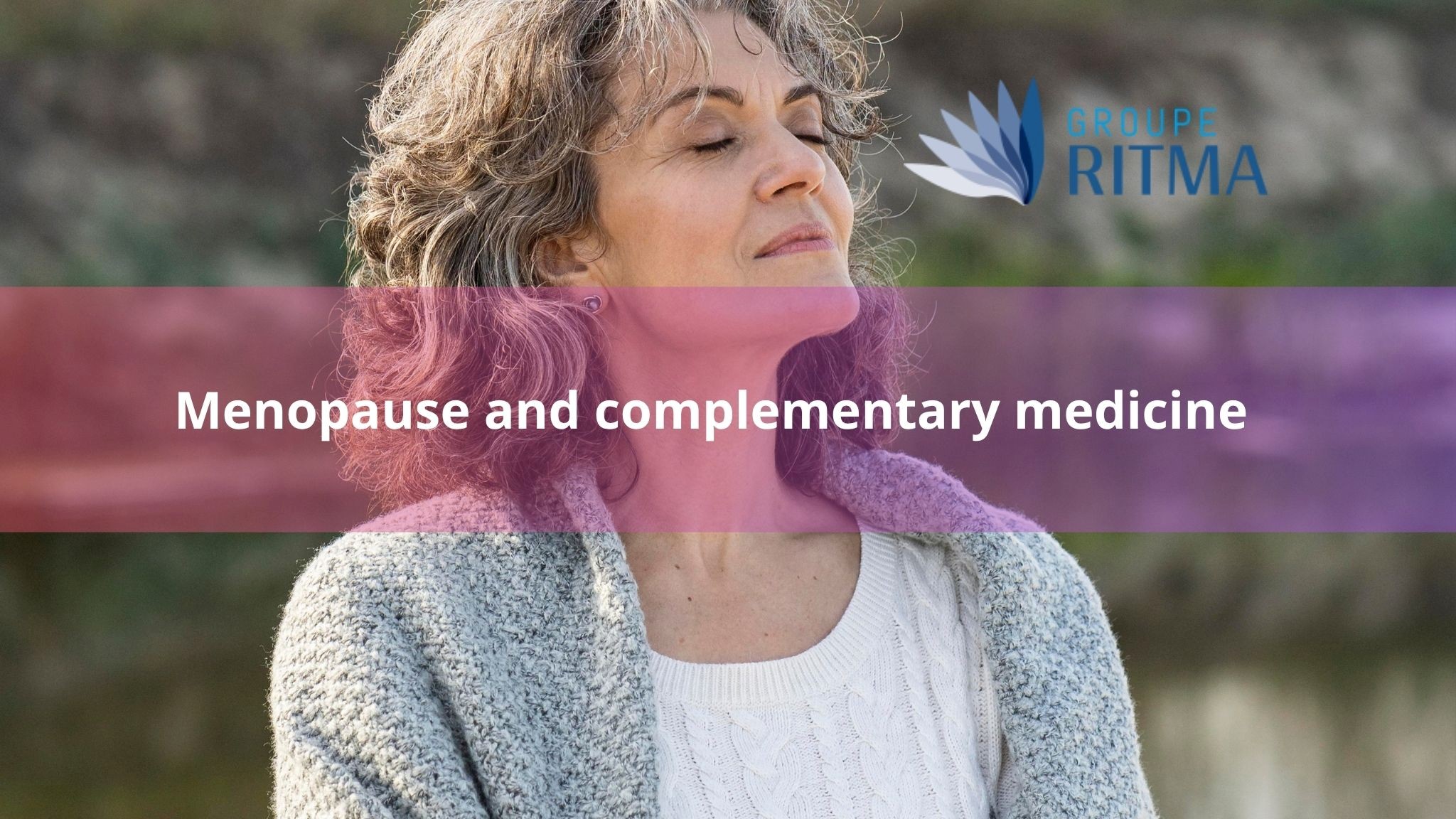
Chronicles
1 August 2025
Menopause and Complementary Medicine

Menopause and Complementary Medicine: A Holistic Approach to Women's Well-Being
Menopause is a natural stage in a woman's life, marking the end of the reproductive period. Although universal, this transition often comes with discomforts such as hot flashes, sleep disturbances, fatigue, anxiety, and mood swings. To better cope with these symptoms, many women are turning to complementary medicine—also known as alternative or holistic therapies—for relief and support during this time of change.
Gentle Approaches for Everyday Well-Being
Complementary medicine doesn’t aim to replace conventional medical treatments, but it can offer valuable support that is often personalized and geared toward overall relief—physical, emotional, and psychological.
Herbal Medicine (Phytotherapy)
Certain plants are known for their beneficial effects on menopausal symptoms. Sage, for example, is commonly used to reduce hot flashes, while hops, rich in phytoestrogens, may help naturally balance hormone levels.
Acupuncture
A practice from traditional Chinese medicine, acupuncture works to restore the body’s energy balance. Studies show that it can reduce the frequency and intensity of hot flashes, improve sleep quality, and help with emotional balance.
Naturopathy
Naturopathic practitioners take a holistic approach: diet, lifestyle changes and natural remedies all work together to help women navigate menopause more smoothly by boosting vitality and relieving discomfort.
Osteopathy
Though less commonly associated with menopause, osteopathy may play a helpful role. Some studies suggest that regular sessions can positively affect hormonal balance and ease physical symptoms.
Hypnosis and Sophrology
These relaxation techniques can reduce anxiety, help manage sleep, and even lessen the intensity of hot flashes. They also provide a calming space for emotional grounding during this transitional time.
Cognitive Behavioral Therapy (CBT)
CBT, although rooted in psychology, has shown effectiveness in managing hot flashes, night sweats, and insomnia. It helps reframe negative thoughts associated with symptoms and equips women with strategies to better handle them. RITMA member who use this method do it in the respect of bill 21 supervising psychotherapy.
Complement or Alternative to Hormone Therapy
Hormone Replacement Therapy (HRT) remains a medically effective option to alleviate menopausal symptoms, but it’s not suitable for everyone and may come with side effects. Complementary therapies offer a meaningful alternative—or a supplement—for women seeking more natural or individualized solutions.
A Personalized and Safe Approach
It's important to explore all options with qualified healthcare professionals, including those trained in complementary medicine, and to coordinate care with a primary doctor or gynecologist. Every woman is unique: the best treatment plan is one that considers her specific needs, overall health, and personal preferences.